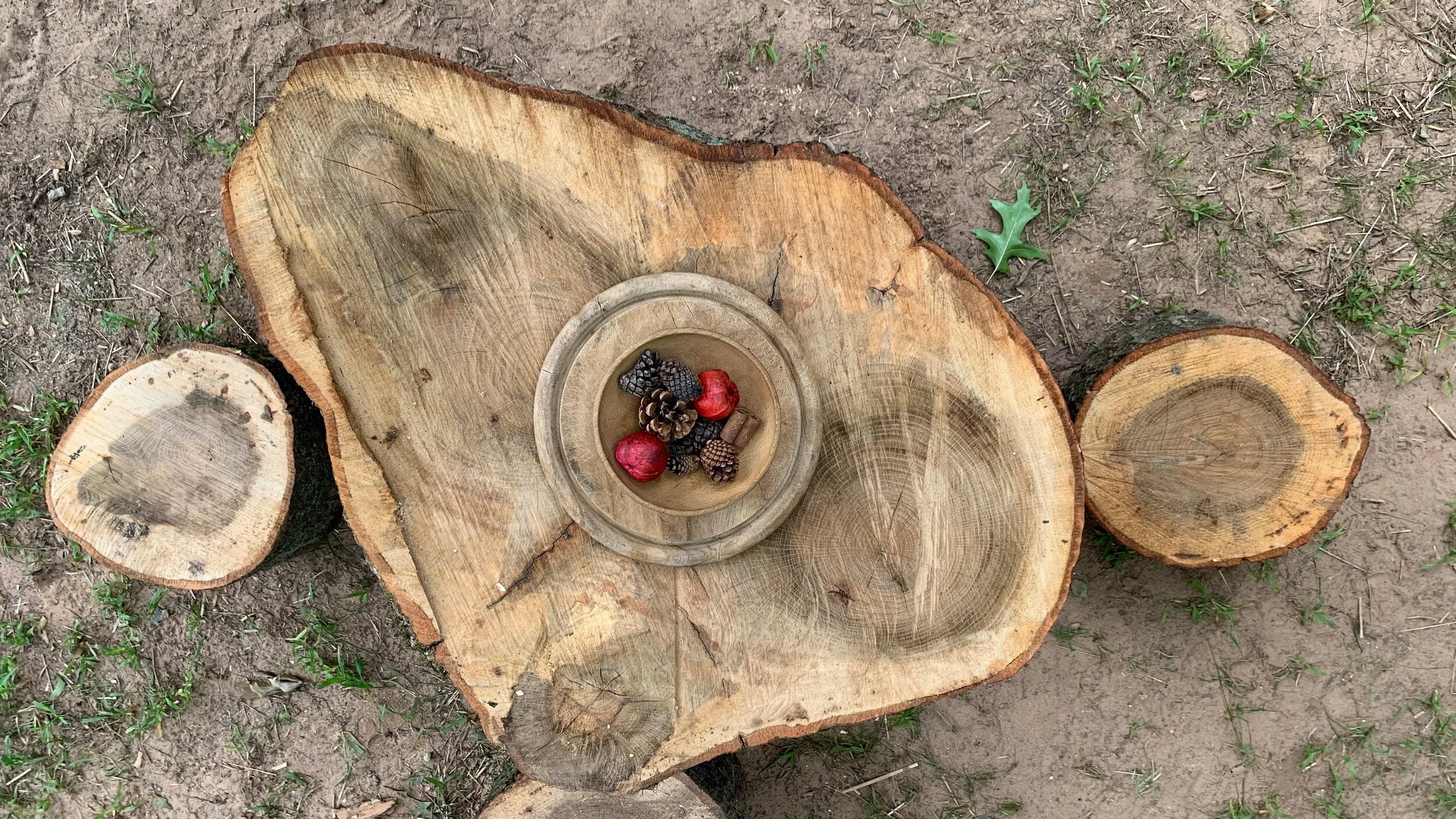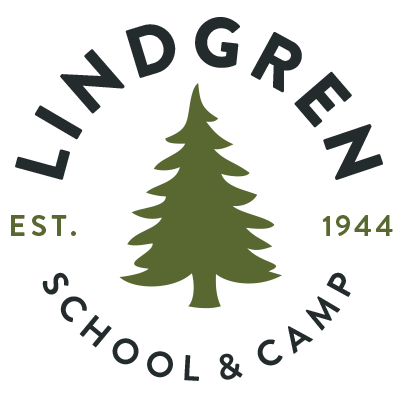

resources
resources
DIVERSITY, EQUITY, AND INCLUSION RESOURCES
Incorporating Education around Diversity, Equity, and Inclusion
The Lindgren school has come to a renewed understanding of the role of educators to actively engage and challenge parents, and ourselves, to talk about racism and inequality. The Lindgren administration and teachers will be seeking resources and having discussions as to how best to support our students and community in anti-bias and anti-racist action. Teaching children to respect all living things, find joy and wonder in the amazing differences we find in the world is at the core of the Lindgren School philosophy. This is a time of change. Let’s lead our children by example, with love, empathy, and care for our earth, and all its people. Parents please see below for important links to resources on how to address hidden bias and as well as age appropriate ways to speak with young children about race and racism.
Read this Article from Parent Tool Kit
How to talk to kids about race and racism
“The only way to really talk about race and racism, is by activating a growth mindset, said Coleman-Mortley. “It’s really important for parents at home to impress upon their kids that humanity has to come first. We have to be OK with being vulnerable, OK with being wrong, and OK with challenging the things we’ve learned.”
Explore these links, read, take notes, watch the videos.
https://nmaahc.si.edu/learn/talking-about-race/audiences/educator
https://nmaahc.si.edu/learn/talking-about-race/resources
Nature based learning, research and resources
Nature based learning (aka Forest School) has been an essential component of The Lindgren School philosophy for the past 75 years. For those unfamiliar with Nature Based Learning we are providing a quick overview of the 7 guiding principles:
Nature is the central organizing feature that guides the emergent curriculum. (ex: for math concepts- counting using acorns, categorizing leaves, patterning with pebbles and twigs, instead of worksheets). Learning does not just occur in nature, but nature is infused into all aspects of learning.
Children have direct experiences with nature. Children are immersed in nature and are able to touch, wonder and explore, creating positive and meaningful learning opportunities.
Focus is on whole-child development through child-directed play. Children have choices as to what and how to play. This fosters imagination, inquiry, problem-solving skills, and creates a more authentic/meaningful learning environment.
Learning processes are valued over the end product (i.e. the act of doing is valued). Any returning Lindgren families are certainly familiar with our teaching philosophy of “It’s the process not the product”.
Teachers through their knowledge of developmentally appropriate practices facilitate play/learning. Children are the active participants while teachers scaffold children’s learning through observations, questions, and reflections.
Learning occurs in the context of place (Place-Based learning). Children form relationships with the places directly around them, relevant to a child’s daily life and experiences (ex: classes study and observe wildlife native to their surroundings; deer squirrels, turtles, chipmunks, frogs, insects, etc.
Nature teaches connectedness. Children develop values of gratitude, compassion, empathy, caretaking and sustainability by being immersed in nature. We are all part of nature and can learn to take care of it, and each other.
With the onset of Covid-19, increasing outdoor learning opportunities has become an important topic when considering the health and safety of children. Lindgren has been vigilantly pursuing the safest ways to re-open our school, always keeping at the forefront the health and safety of our students and staff, while also continuing to create an environment rich in authentic learning opportunities. We believe spending ample time outdoors immersed in nature is the most comprehensive approach. All Lindgren staff have taken extensive coursework on Nature Based Learning practices (aka: Forest Pre-School) and how to best incorporate and utilize these practices into all facets of our daily routine. Again, the health, safety, and social/emotional well-being of our students and families continue to be the guiding principle in all of our decisions.
Books:
Balanced and Barefoot. Angela J. Hanscom
Free to Learn. Peter O. Gray
There’s No Such Thing As Bad Weather. Linda Akeson McGurk
Websites:
Childrenandnature.org (Children and Nature Network)
Naturalstart.org (Natural Start Alliance)
Erafans.org (Eastern Regional Assoc. of Forest and Nature Schools)
Articles:
Thriving Through Nature: Fostering Children’s Executive Function Skills- childrenandnature.org
Nature Preschools: Putting Nature at the Heart of Early Childhood Education- backstreet.edu
